A source at Huawei Japan revealed, "negotiations are currently underway with about 30 Japanese telecommunications-related companies." Huawei is also said to be stepping up its royalty collection in Southeast Asia.
Nikkei noted that it is unusual for a major manufacturer to negotiate directly with smaller customers over licensing fees. Huawei is facing an increasingly difficult business environment as US sanctions make it difficult to sell products abroad.
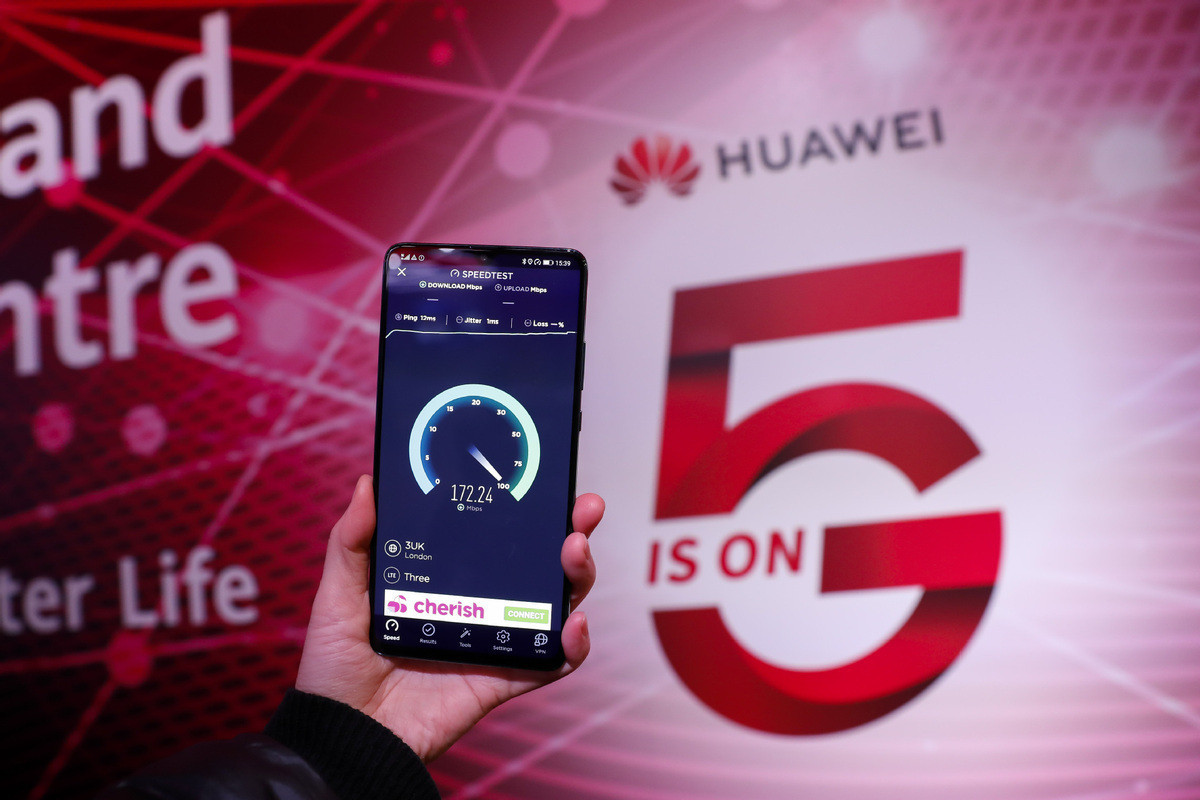
Huawei wants to collect fees from users of its wireless communication modules. Sources at several Japanese companies said that businesses ranging in size from a few employees to more than 100 have received requests from Huawei.
There are two ways to calculate the licensing fee: either a flat rate of 50 yen or less per unit of use, or a rate of 0.1 percent or less of the system price, which is in line with international standards, according to Toshifumi Futamata, a visiting researcher at the University of Tokyo.
Huawei holds many standard essential patents that are crucial to using wireless communication standards like 4G or Wi-Fi.
Companies that make devices that comply with that standard also use Huawei's proprietary technology, which means that if Huawei demands it, many parties will have to pay royalties.
Even Japanese companies that do not use Huawei products may face unexpected costs. Moreover, many small and medium-sized companies are unfamiliar with patent negotiations, so Mr. Futumata cautioned them to seek the assistance of lawyers and other experts when signing contracts.
Negotiations over telecommunications technology patents are often conducted between large equipment manufacturers. They are time-consuming and it is much more profitable to sell your own products.
But Huawei’s profits have plummeted since US sanctions cut off its access to US technology and goods. Without access to Google’s Android, for example, it has struggled to sell devices abroad. Rising US-China tensions have prompted Japanese companies to avoid using Huawei products.
Since patent royalties are not subject to commercial restrictions, this could be a stable source of income for Huawei.
Huawei has set up an intellectual property strategy center in Japan to oversee its IP business in the Asia- Pacific region, including Singapore, South Korea, India and Australia.
In late 2022, Japanese automaker Suzuki Motor agreed with Huawei to license standard essential patents related to 4G for smart cars.
Several Japanese companies could face demands for payment from Huawei. Wireless communication modules using Huawei’s patented technology are essential to Internet of Things (IoT) networks, according to research firm Seed Planning. The technology is being applied in autonomous driving, automated factories, medicine, energy and logistics.
(According to Nikkei)
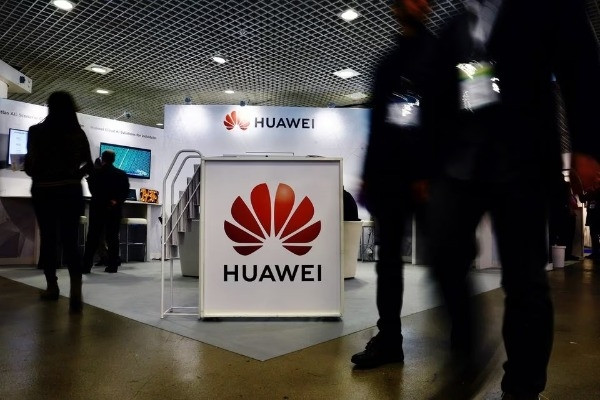
Source


![[INFOGRAPHIC] DeathAdder V4 Pro, Razer's most formidable upgrade](https://vphoto.vietnam.vn/thumb/1200x675/vietnam/resource/IMAGE/2025/7/31/c43c39aa0e3a490c87e5b9aff8239ca7)


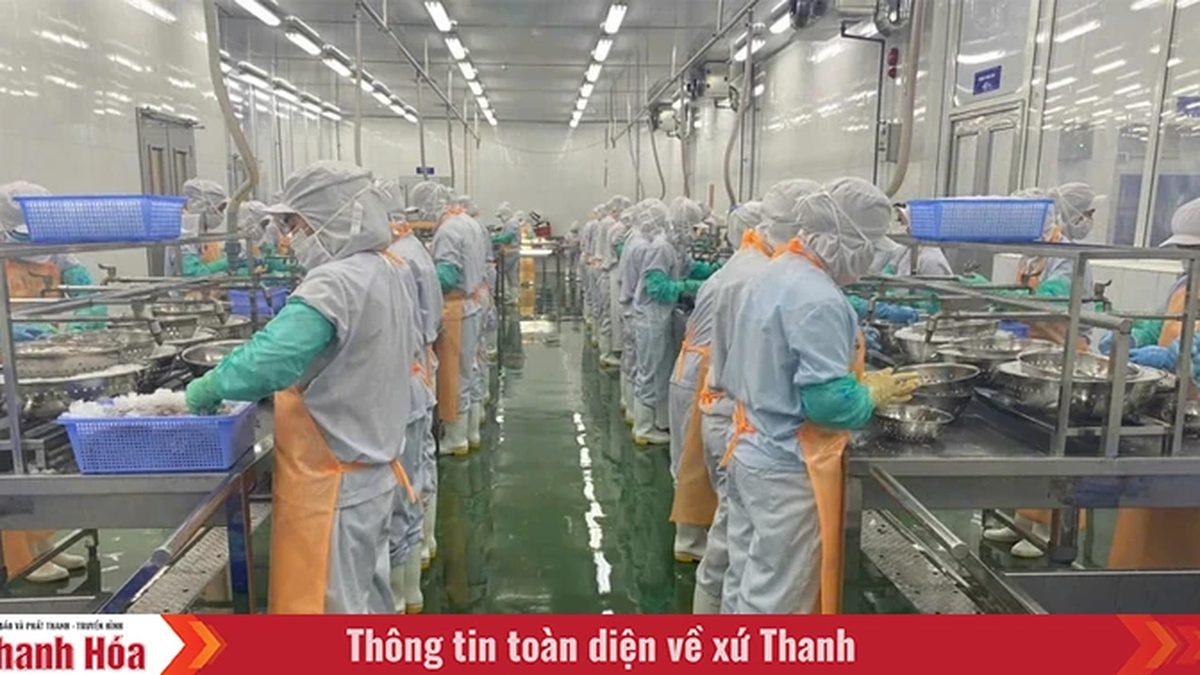
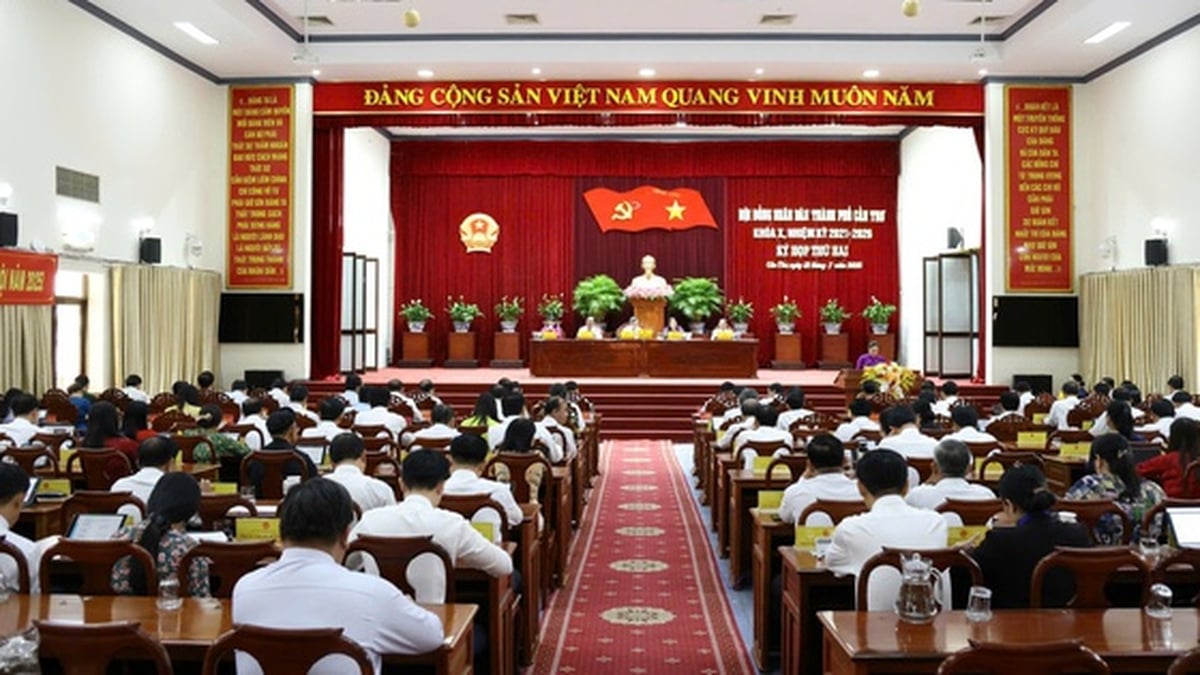
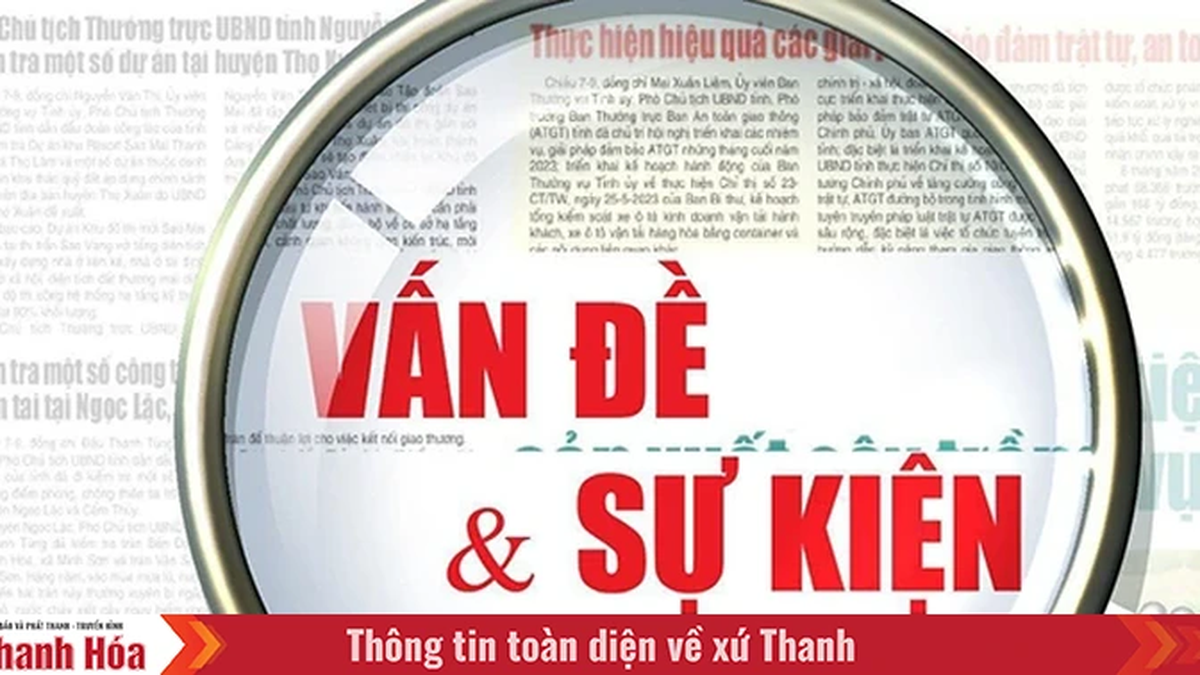
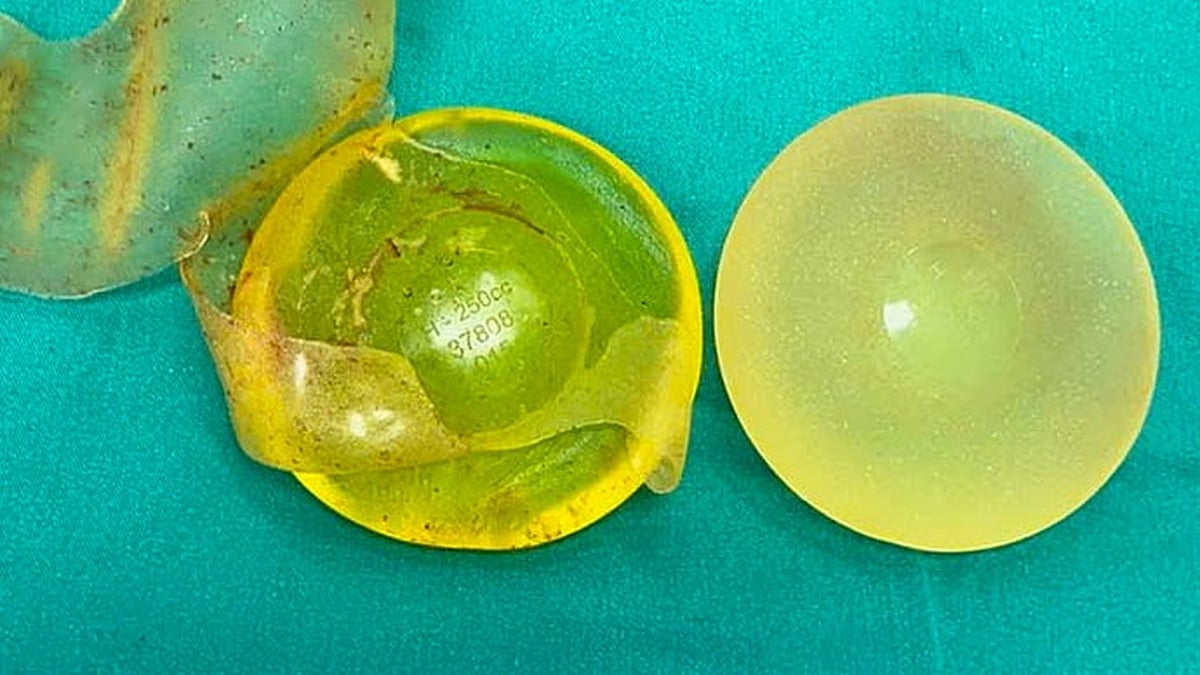
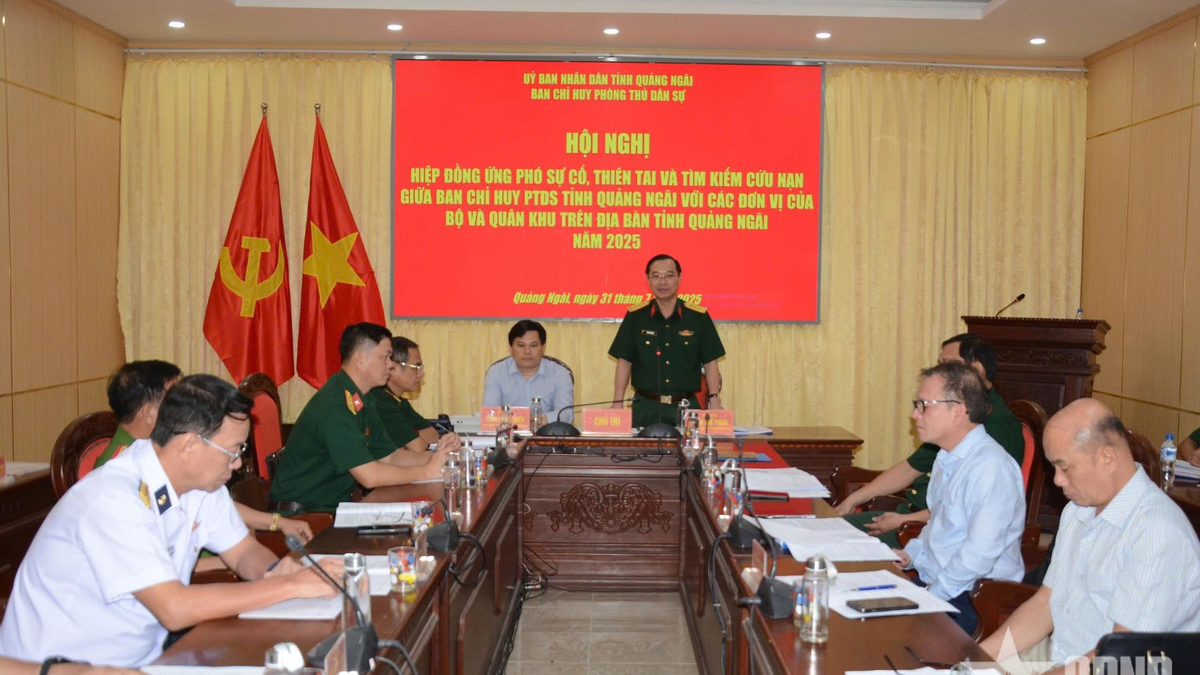
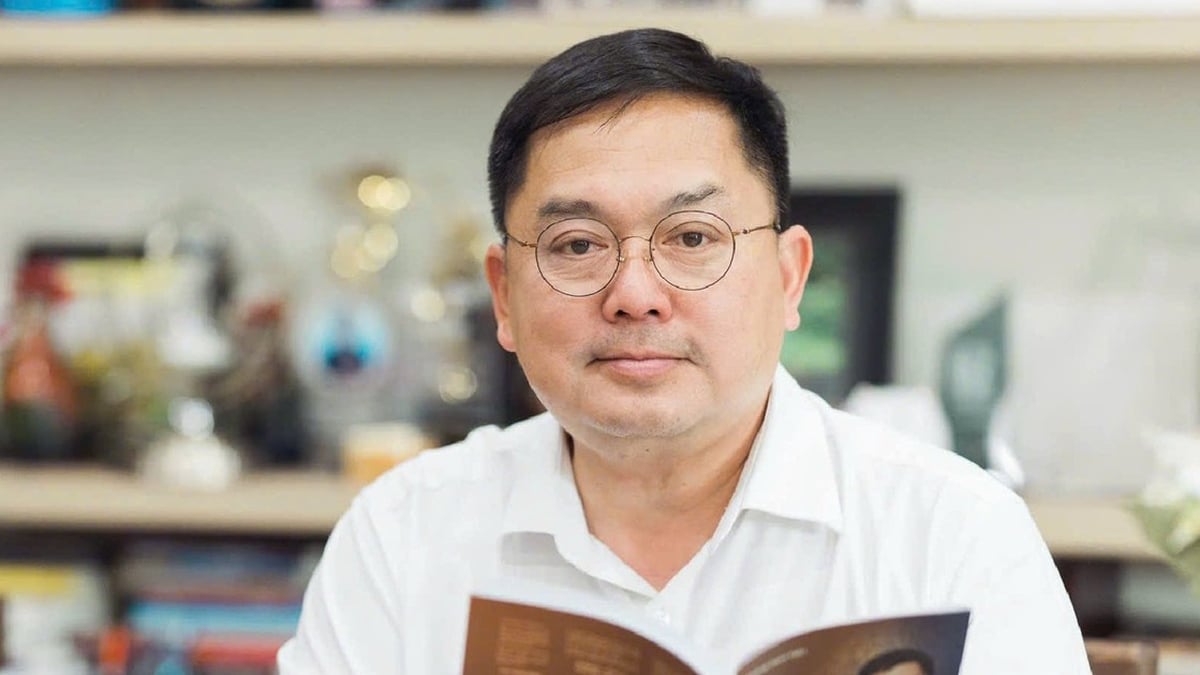



































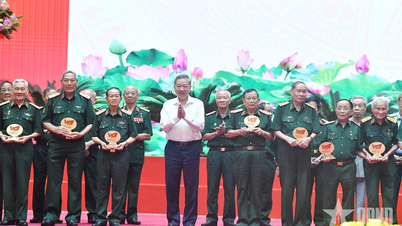



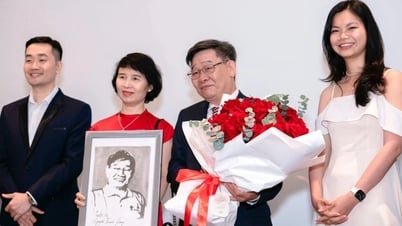



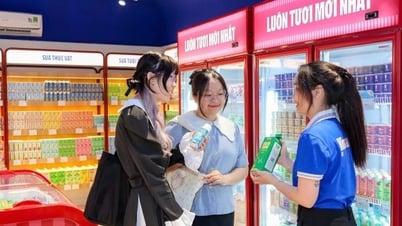
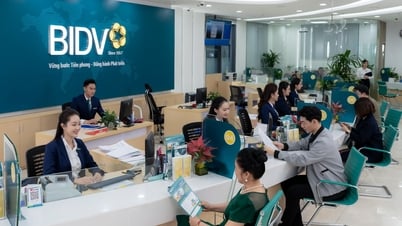

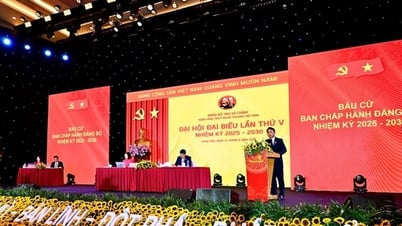
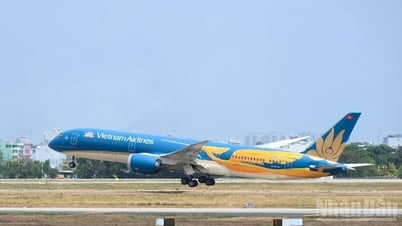
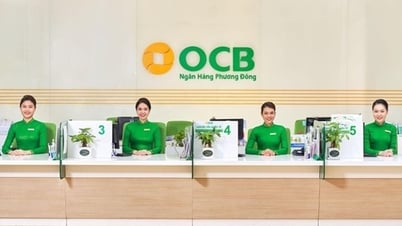

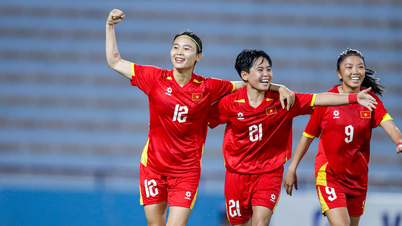


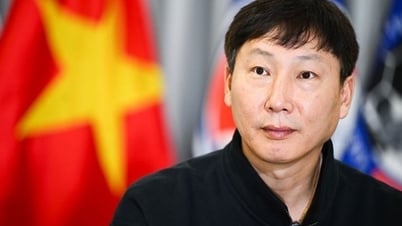


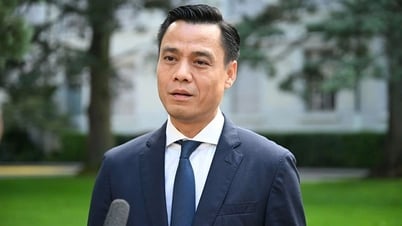


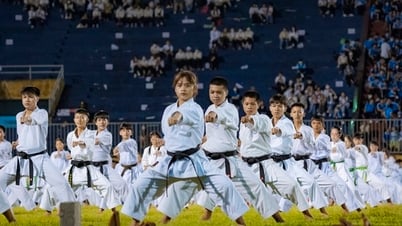




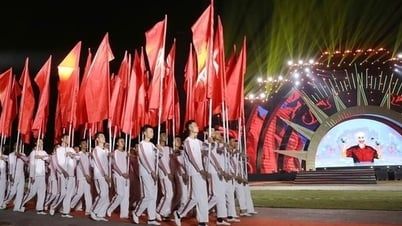

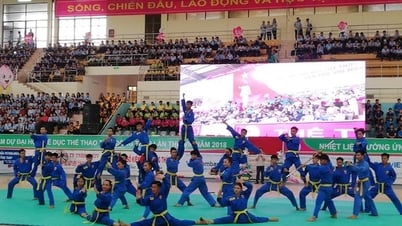







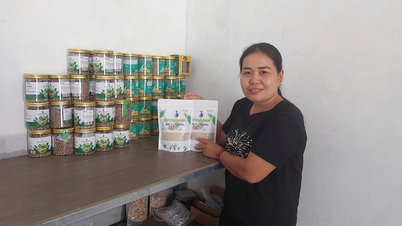














Comment (0)